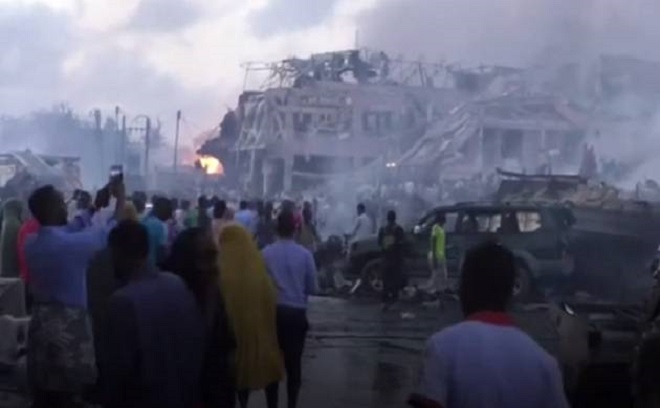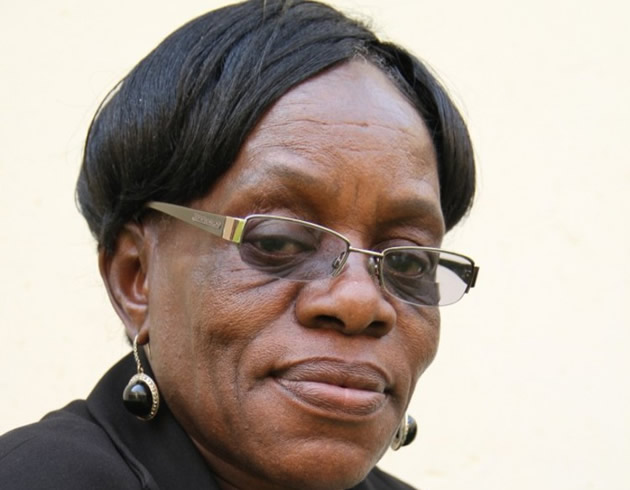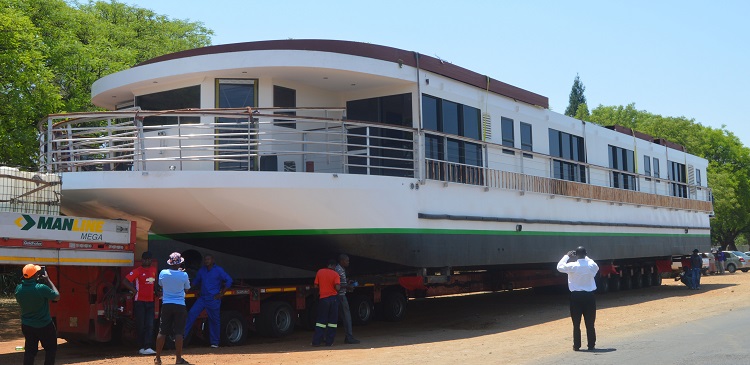Mogadishu death toll mounts: Somalia declares three days of mourning after blast

The death toll from Saturday’s truck bomb blast in Somalia’s capital, Mogadishu, has surged to at least 231 people, according to police and medical sources.
At least 275 people were also wounded in the powerful explosion at a busy road junction, which flattened nearby homes and businesses and turned vehicles into burned wrecks.
Senior police officer Ali Hassan Kulmiye yesterday confirmed the death toll to dpa news agency, with Madina Hospital Director Mohamed Yusuf counting 221 people killed and officials at Erdegon Hospital saying that there were another 10 victims from the blast.
Senator Abshir Abdi Ahmed also gave a death toll of 231, citing doctors at hospitals he had visited in Mogadishu yesterday, according to AP. Many of the bodies in hospital mortuaries had not yet been identified, he added.
Earlier in the day, Abdulkadir Abdirahman, director of the city’s ambulance service, said that at least 85 people were killed in the attack, warning that the death toll was expected to rise.
President Mohamed Abdullahi Mohamed Farmaajo yesterday declared three days of national mourning following the attack. “We will observe three days of mourning for innocent victims, flags will be flown at half-mast. Time to unite and pray together. Terror won’t win,” Mohamed said in a statement posted on the presidency’s official Twitter account early yesterday.
The president also urged residents to help those affected by the attack. “I call on our citizens to come out, extend help, donate blood and comfort the bereaved. Let’s get through this together,” Mohamed said.
The blast, described by Mogadishu residents as the most powerful they had witnessed in years, also left dozens wounded.
No group has claimed responsibility for the attack.
Emergency services were overstretched and worked late into the night as they tried to rescue people who were trapped in the destroyed buildings.
The city’s mayor called on residents to donate blood as hospitals were running out of blood.
“I call on the Somali people to visit the city’s hospitals and donate blood. Please, come to the rescue of your brothers,” Thabit Abdi Mohammed, said after donating blood at a local hospital.
The attack came 48 hours after both the defence minister and army chief of the country resigned from their posts without explanation.
Meanwhile, Abdirahman recounted the horrors he saw after the truck bomb blast.
He spoke to Al Jazeera’s Hamza Mohamed:
“It was a normal day. Very quiet and not much work to do. I was sitting behind my desk at work. Our office is about one kilometre from the scene of the explosion.
All of a sudden, I heard a very big blast. Everything shook. I have never heard anything that loud before. Within a few minutes, the sky was covered with very dark smoke that covered even the sunlight.
I picked up my phone and called the rest of the team. I did not need to tell what just happened because they all heard it. We all rushed in the direction of the billowing smoke. Aamin ambulance service was established in 2008 and we have never seen such devastation. Not even in our dreams.
Everywhere you looked, there were dead bodies.
Everywhere you turned, there were wounded people crying for help. I never imagined I will see such a scene.
Big buildings were completely destroyed. Buildings crumbled. Vehicles were burned and upside down. The tarmac was covered in flesh, blood and pieces of clothes. Our country has never seen anything even close to this. In one of the burned minibuses were young students coming from school, their charred remains tangled in what was left of the vehicle they were travelling in.
I will never forget that gruesome sight.
Our 10 ambulances were not enough to take all the injured and dead to hospital. The corpses were destroyed beyond recognition. You could not tell which corpse was a man and which was a woman.
Everyone in the city was trying to call their family members and friends to see if they were okay. This jammed the network and we in the ambulance service could not communicate with each other or the hospitals. The hospitals were overwhelmed. They had no choice but to treat the injured in the hallways because everywhere else was full. I saw people I used to see every day in the city among the dead.
Every home in Mogadishu has lost someone or know someone that was killed in the explosion.
The city is in mourning.” — Al jazeera











Comments